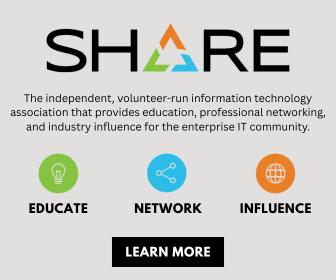You may be aware of data privacy regulations such as Europe’s GDPR (General Data Protection Regulation) or California’s CCPA (California Consumer Privacy Act) that, among other things, ban you from using production data with personally identifiable information, such as phone numbers or birthdays, in a test environment. These laws affect all businesses with customers in those areas, not just businesses located there. (So a business located in New York would still be subject to GDPR for all its European customers and CCPA for its customers located in California.)
It can be hard to obtain good, realistic data for testing as you will need to “scrub” any production data before using it in development. Here are some examples of personal data items that your company would need to mask: customer name, home or work address, phone number, social security number, driver’s license, medical provider or medical status, email address, account number, or license plate number. Basically any information that relates to or that can be used to identify an individual.
Masking of data can be cumbersome and time consuming, especially when trying to maintain meaningful test data to ensure software is thoroughly tested. Data fields must be redacted, or changed in a way that keeps it in a valid format (i.e. correct number of digits, numeric data within a certain range, etc.) as it is extracted from production systems. Data management tools are available that can help you automate the process of anonymizing data from your z/OS applications so that it can legally be used in the relatively open-access test environment. For example, InSync from UNICOM/Macro 4 has a Data Privacy feature allowing you to set transform rules which will change all sensitive fields when creating your test files. This keeps the extraction process legal and protects you from data protection law enforcement.
Learn more about using InSync to create realistic test data:
https://www.macro4.com/products/insync/
Originally published on the IBM Z and Linux Community Blog.








0 Comments